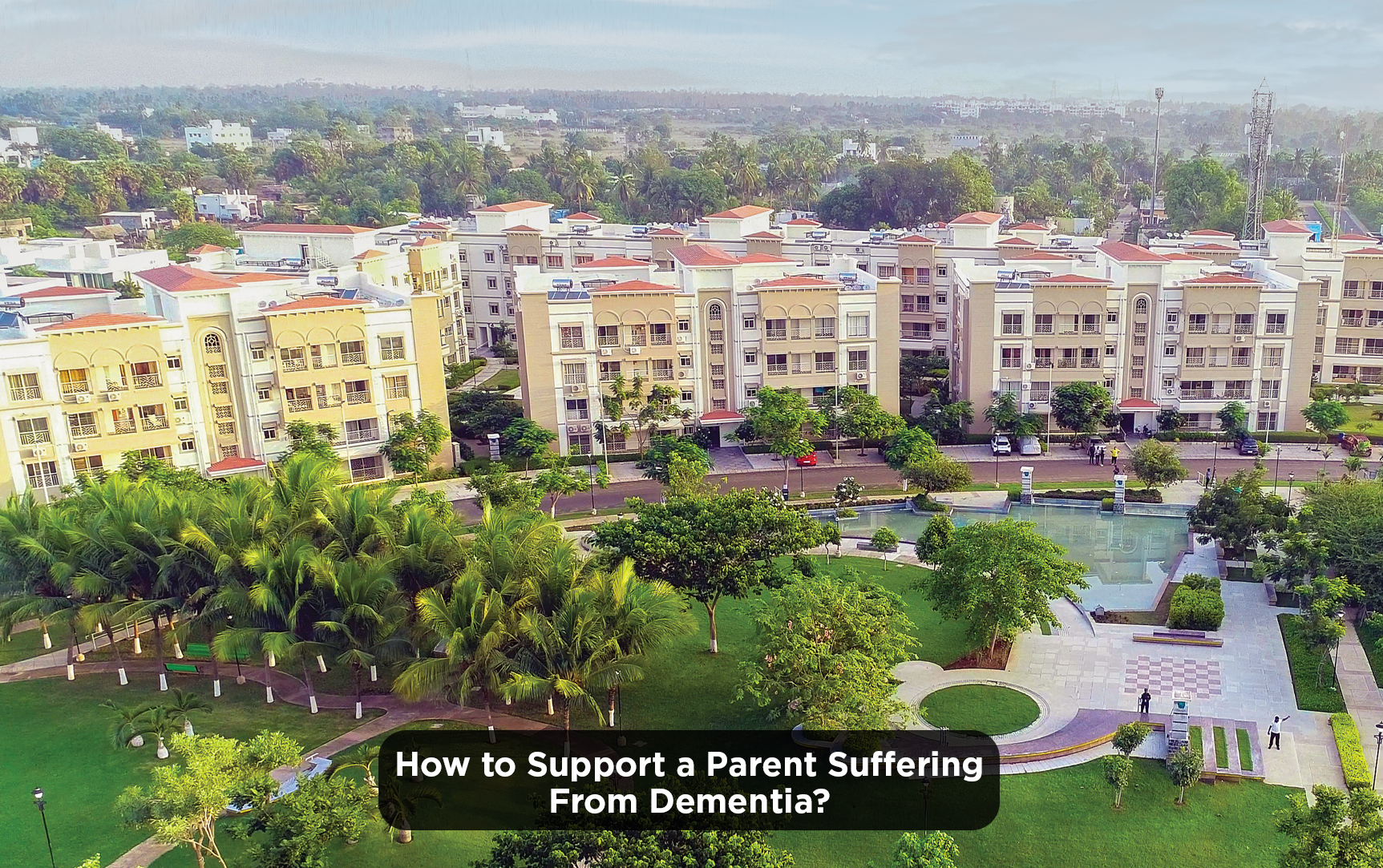
Early signs of dementia can be subtle. Look for changes in memory, confusion, difficulty following conversations, problems with judgment, or personality changes. If you notice several of these signs, it’s important to consult a doctor for a proper diagnosis.
Choose a quiet, calm moment and be honest but gentle. Explain the diagnosis in simple terms and focus on the support system available. Answer their questions patiently and validate their feelings.
Many behavioral changes come from frustration or fear. Try to identify triggers and avoid them if possible. De-escalation techniques like distraction or validation can be helpful. If behaviors become severe, consult a healthcare professional for guidance.
As the disease progresses, you may need legal documents like power of attorney or healthcare proxy to manage your parent’s affairs. Discuss financial planning and future care needs with your parent and other family members while they are still able to participate in these decisions.
Self-care is crucial to avoid burnout. Schedule time for activities you enjoy, delegate tasks when possible, and seek support from friends, family, or professional caregivers. Don’t be afraid to ask for help – it’s a sign of strength, not weakness.
Ashiana, Ashiana Housing build homes. Homes surrounded by vast green spaces and fresh breeze. Homes cocooned in secured gated complexes. Homes where futures are forged and there are opportunities to grow. And Homes in environments brimming with healthy activity, trust and respect. At heart, we build communities with care.
Other posts by Ashiana
Join 1000+ of fellow readers. Get expert real estate knowledge straight to your inbox absolutely free. Just enter your email address below.